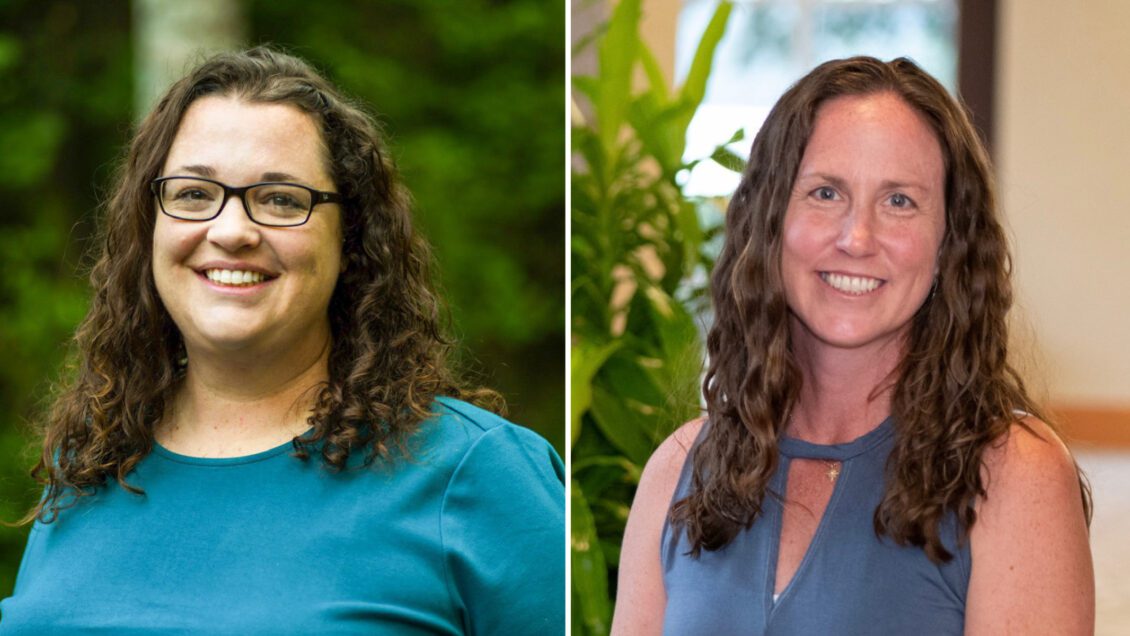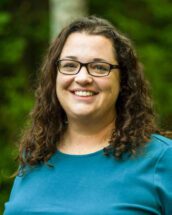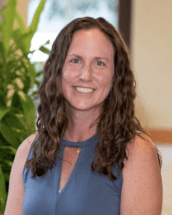
Faculty members in the Clemson University College of Education will explore how issues related to health intersect with programs in the College thanks to seed grants from the Health Sciences Center at Prisma Health. The center designed the seed grants to support collaborative pilot research and scholarly activities supporting the health system’s research goals and the priorities of academic partners such as Clemson.
Two projects from different faculty members in the College earned 2023 Research Seed Grants.
The first will explore menstrual knowledge and menstrual-related self-efficacy among young women with intellectual and developmental disabilities. Tina Randall, clinical assistant professor in the Clemson LIFE program; Casey Hopkins, an assistant professor of nursing; and Dianna Gurich, a pediatric and adolescent gynecologist at Prisma Health, will work on the project, which will be added as an extra component to existing Clemson LIFE curriculum for young women in the program.

According to Randall, there are little-to-no materials developed that tackle menstruation and personal hygiene for young women with intellectual disabilities. The subject is also happens to be taboo for some families or even communities, so some young women are left to figure out for themselves a vital part of a woman’s health and hygiene.
“Very often, students might get one or two health classes in middle or high school that cover these topics, and even then, a student with intellectual disabilities might not be included in those classes,” Randall said. “The material should be at their level, so it will be great to implement it in the LIFE program with [Dr. Hopkins and Gurich], who specialize in gynecological health with young women.”
The research duo of Randall and Hopkins will pilot a menstrual health and hygiene program curriculum for the young women in the LIFE program. Before designing the curriculum, they conducted a review of existing research. To their surprise, there has been almost no pre-existing research against which to compare or benchmark their own.
“We’ve found nine studies, total,” Randall said. “The only one in the U.S. was conducted in the 1990s and centered on hygiene pad replacement skills using dolls, so I think we are poised to really generate some interesting, useful findings for this population of young women.”
The second project to earn seed grant funding will explore how to use client feedback to positively affect the work of mental health counselors. Corrine Sackett, associate professor in Clemson’s counselor education program, and Bailey Nevels, a psychologist with Prisma Health, will collaborate on the research project.

Sackett and Nevels will explore whether client meaningful experiences in counseling are connected to better client outcomes and treatment adherence. They will use an instrument Sackett and colleagues developed and validated that measures client meaningful experiences in counseling and is based on previous qualitative findings.
Along with measuring meaningful experiences, client outcomes and treatment adherence, the researchers plan to use interviews and focus groups that will shed light on client and staff perspectives of how to access and integrate client feedback into counseling. Sackett said this should reveal a great deal about the process and how it can be improved.
“Research has shown that counseling is effective, but we don’t know much about why some clients improve more than others. Accessing and incorporating clients’ perspectives of their own counseling is critical to understanding effectiveness and to providing more effective care,” Sackett said. “There is a need for a more nuanced understanding of the counseling process and of what makes it effective.”
Get in touch and we will connect you with the author or another expert.
Or email us at news@clemson.edu
